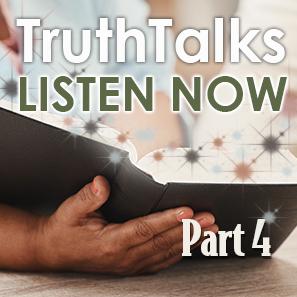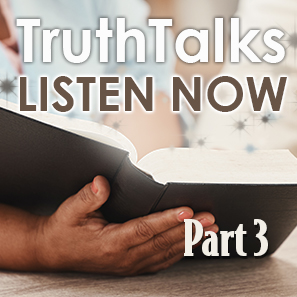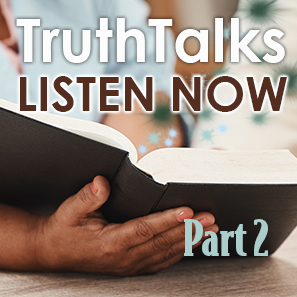Insights from Isaiah: Part 5 TruthTalks

In Part 5 of the Insights from Isaiah series, Dr Christopher Peppler discusses the importance of the cornerstone and its applications in the bible.
Jesus not only applied the cornerstone analogy to Himself, but also gave it a new symbolic meaning. Listen to this TruthTalks instalment by clicking on the play button below. You can also read the original post HERE if you prefer, or, if you’ve not been following the series, visit the AUDIOVISUAL section and listen from part 1 there.
Until next time, admin
Podcast: Play in new window | Download
Insights from Isaiah: Part 5 TruthTalks Read More »









